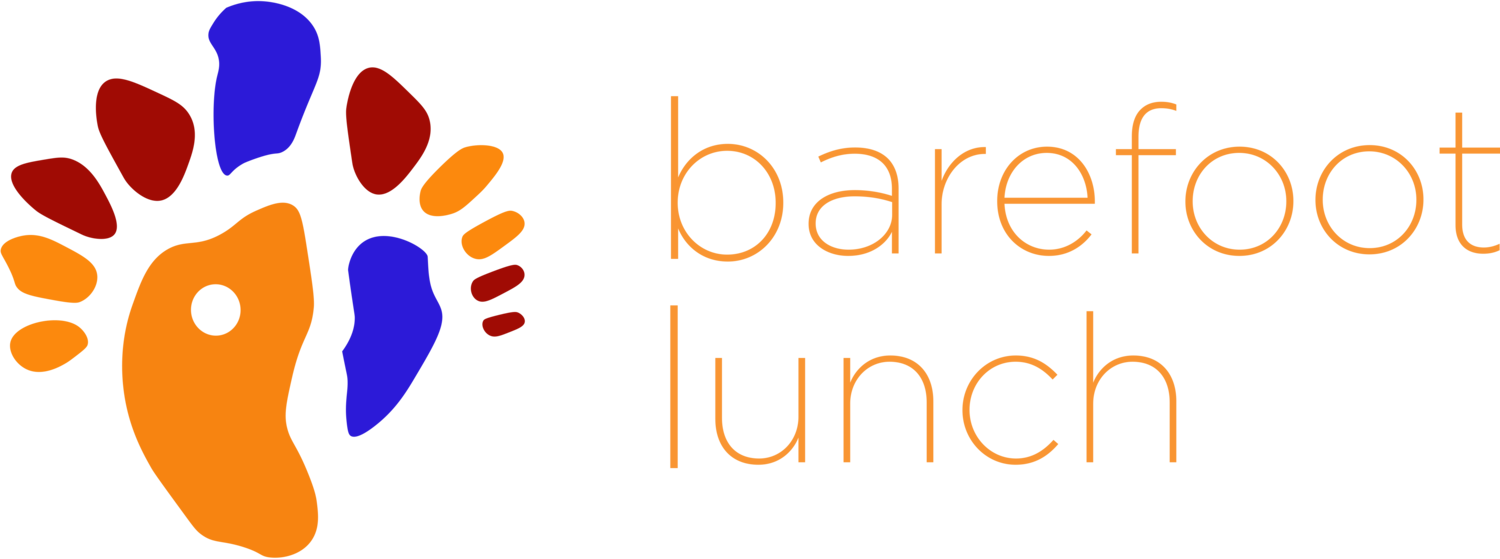The Sapri-Whorf hypothesis, developed by linguists in the mid 20th century, says that your thought influences your decisions and actions. Of course, like all theories, there is plenty of debate about how much words influences reality, but in effect, they do change how we live our lives.
Having fun is subjective. Some people find painting model airplanes fun. Others like to play with pictures on their computer. Some write exceptional blogs. Others can bounce a soccer ball on their feet hundreds of times. I know people who can bake and others that draw comics. One guy I know can play banjo. For me, I love to run hundreds of kilometers a month.
“Make every day a day of joy.
Dance, play, day and night…
Cherish the child who grasps your hand.
Let your wife rejoice in your bosom
For this is the fate of man.”
-The Epic of Gilgamesh
I’m sitting at my desk and drinking coffee. Its bitter, but I sip it with intention to enjoy the taste, notice the flavor, and make the act special.
In all of human exploration, with Voyager moving out past Pluto into the Kuiper belt and beyond, with telescopes penetrating the furthest galaxies within the universe, more and more stars are being discovered. Each star is a sun. Around those suns are other worlds, with some of these planets like our humble blue Earth. If we imagine these fantastic planets with other people, maybe some of them like our Earth, with over 7 billion people, their won histories that stretch back thousands of years with countless other people, we can begin to think of how many possibilities there are in the universe.
If you’re reading this, than my guess you love reading and see the value of the written word. However, it’s easy to get stuck in a rut, the missionary position, and not experiment and dabble into other positions. It’s worth taking the time to feel out some other subjects when you read. I’m not talking about just a bit of casual play, but going out and doing the who bibliophile kara sutra.
Following from yesterday’s post, let’s continue our space theme. There is something exciting, inspirational, and imaginative about space travel. The song from T-Bone Burnett, “Humans From Earth” always sparked my imagination, as did Ray Bradbury’s, “The Martian Chronicles.” And there is still talk if David Bowie was from this world or not. I remember the spark in my son’s eye when asking him what he wanted to be when he grew up and he answered, “A spaceman.”
I’m sitting at my desk and drinking coffee. Its bitter, but I sip it with intention to enjoy the taste, notice the flavor, and make act special. And the ability to just feel joy is an active choice. To taste my morning coffee, enjoy opening a new book, greeting my wife in the morning with a kiss, having dinner with my sons, all these acts I try to come to with excitement and enthusiasm. Some days it is easier than others but the sheer act of intention works to make an action important. Intent with enthusiasm opens joy for our lives. The word “enthusiasm” comes from the Greek, enthous, which means “possessed by a god, inspired.” To come to an activity, inspired, makes the world a wonderful place.
We’re human. We have a history. And as Emerson said, “all history is biography.”As Dr. William Boast and Benjamin Martin write in Masters of Change that to excel in this fast moving world, “Start with the ‘who to’ rather than the ‘how to.’” It is more creative and generative to develop and improving character instead of following a set of rules or steps for success. Rules and steps work for machines and mechanical closed systems, but for creative, living, and dynamic systems that are non-predictive in nature, the improvement of character is a better learning paradigm. Since we can’t experience everything in our short lives, biography holds a vital key to rapid development and improvement of character.
Just by asking, “What if?” you push limits, challenge beliefs, and create possibilities.What if your hair was brown? What if you ate only fish? What if houses had feelings? What if there were no computers? What if dolphins walked? What if humans were the only intelligent beings in the universe?
Hippocrates, the Father of Medicine, born in 460 BC and lived to the ripe old age of 90, said, “Let food be thy medicine and medicine be thy food.” In the study of body, mind, and spirit, food needs to take a front row seat. We all eat, everyone of us, so we all have opinions about what makes for a good meal. For some it will be taste, others nation, some presentation, others comfort, and still for others food will carry a religious significance. The Hippocrates’s quote resonates with the modern computer principle, GIGO — Garbage in, Garbage out. If you eat crap, then you will feel like crap; and the more positive, if you eat well, you’ll feel better.
The etymology of amateur comes from the French, meaning "to love". When you think of doing something you love, there is a joy of practicing, losing yourself in the activity. The rest of the world fades away. Think of what it's like to spend the day out on the golf course when your sinking a ball with ease or when you're drawing a picture and you the whole afternoon escapes. For some it may be preparing a meal for a friend and the whole afternoon quickly speeds away. For others playing chess with a friend for hours. The common element is the focus is on the process, not the outcome.
Want to prove you know something? Want to master something quick? Want to do good in the world? World peace? End starvation?
Okay, living the old adage that if you really want to learn something you teach it may not end with world peace, but it will certainly help you lock in what you know about a given subject. And you’ll also help someone else as well!
As Marci Segal points out, an angel’s advocate is someone who sees what’s good in an idea and supports it. We all know how to help out by playing the “devil’s advocate”: we generally sound out the shortcomings of an idea. The term is a euphemism for skeptics to critique. Don’t be fooled. The quickest way to kill an idea is playing the devil’s advocate.
One Sunday, I was golfing with my wife. She asked me, “If I died, would you get married again?”
I was surprised, and answered, “No, my love, I wouldn’t.”
But she persisted, “I’m sure you would.”
So I said, “Okay, I would.”
Then she asked me, “Would you let her sleep in our bed?”
At this, I replied, “Yes, I guess so.”
Then my wife asked, “Would you let her use my golf clubs?”
And I replied, “No, she’s left handed."
日本語で読むにはこちらをクリック
Recently an eager job seeker asked me the top 5 things I could recommend for finding a new job. She asked me what mistakes to avoid and what would help her succeed. Here is a brief outline of our discussion. I hope it helps you as well!
日本語で読むにはこちらをクリック
Miyamoto Musashi, the 16th century Japanese sword fighter said, “Never have a favorite weapon.” If you continually fall back on a specific method or skill-set over and over, you will grow predictable. You will be beaten.
“Collaboration” might seem like a fuzzy term to many leaders, but for Human Resources professionals, developing collaboration presents a constant challenge. And the costs of poor collaboration definitely makes for concrete impact. The business news frequently reminds us of this fact.
If you're looking for a new job, you need a personal brand. Not long ago, we would work for a company for life and didn't need a brand. We found a job after school and plugged away until retirement. Today, life is more complex. We have to switch jobs many times, and millions of us decide to work on our own as professionals, "solopreneurs" or entrepreneurs. Each individual must craft their own personal brand in order to stand out and succeed in a more chaotic, cluttered economy. And if you are searching for a new job, then you need to stand out against other applicants.
Anyone that has experienced an interview is asked, “do you have any questions?” Perhaps some answered, “No, I don’t.” But that is a big mistake. It differs by company, but there are three purposes an interviewer would ask such question.
1. To see if you are serious about this job.
2. To check your communicative skills and active thinking.
3. To resolve any questions and worries you might have before boarding the team.
Do you know your management style? Knowing your management style grows your skills as a manager. This article targets not only managers, but future leaders or those looking to change jobs and become a manager. You will probably find more management styles if you Google ‘management style’, but here I will introduce 7 different types of management.



















